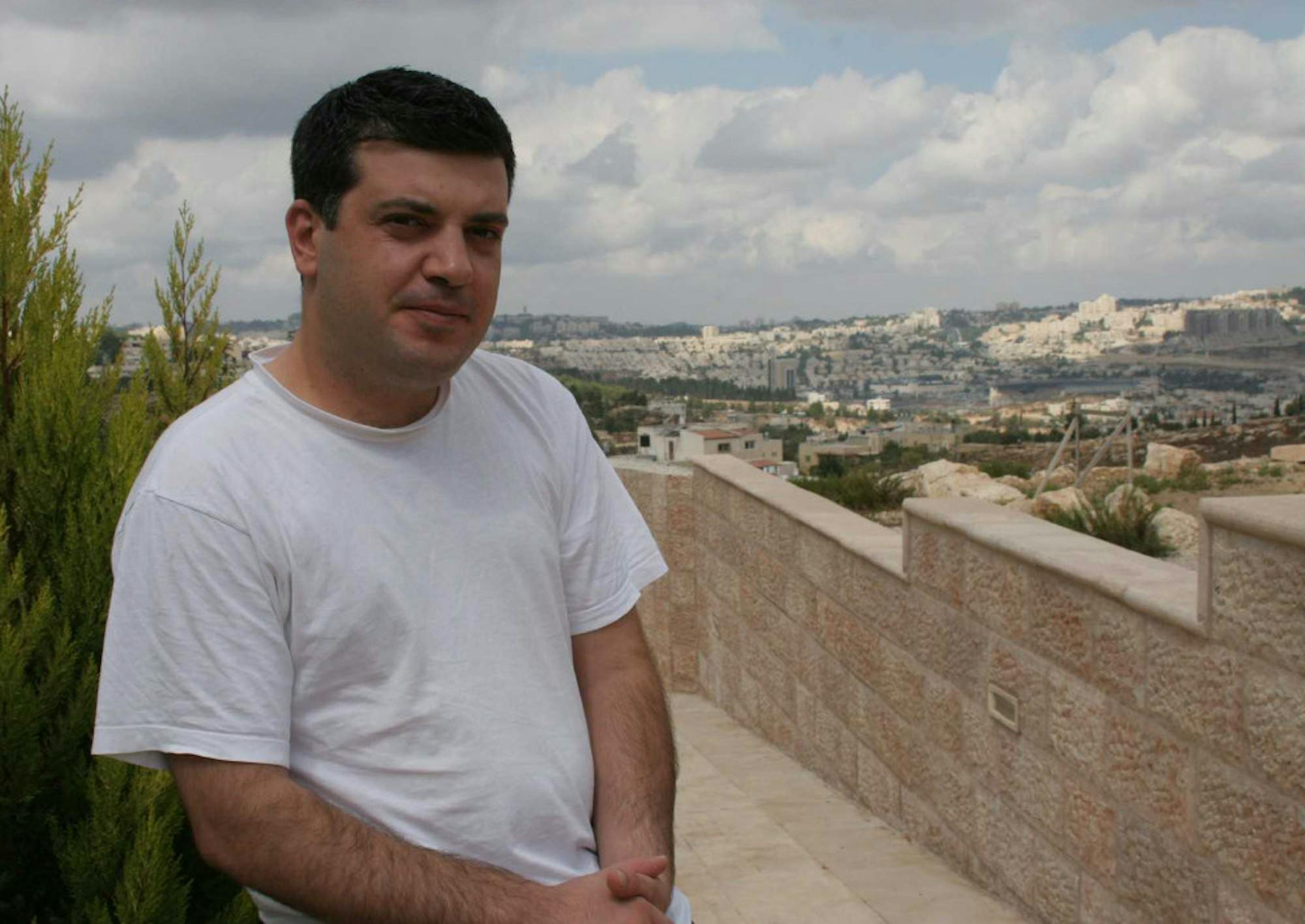Last week, I spoke about the elusiveness of nuance and the need to devote ourselves to its pursuit. I would argue that the single conflict where it is most lacking is that of the Israelis and Palestinians. A bit more complexity in both discussing and attempting to address this conflict would do the Middle East a great deal of good.
I choose to explore the conflict here, as the drive for more nuanced understanding of it has been crucial to my personal growth.
The conflict is covered 24/7, and has been for quite some time. An unfortunate consequence of this is that intricate aspects of it remain unexplored by the likes of CNN, Fox News and MSNBC.
Perhaps the most egregiously overlooked subtopic is the plight of Arab Israelis. Otherwise known as ’48 Arabs, these are Palestinians who remained in Israel after the 1948 Arab-Israeli War, thereby becoming Israeli citizens. While it is true that they have de jure equal rights, many ignore the discrimination and hardship this group continues to face nearly 70 years after Israel’s inception.
Fortunately, voices of the community have emerged at the forefront of discourse. Most prominent and impressive of these spokesmen is none other than writer Sayed Kashua. Born in the small Galilean village of Tira, he writes evocatively of his personal struggles with a conflicted identity. He does not hesitate to tackle the dualism of his nationality. On one hand, he is a Palestinian who feels alien to Israeli society. On the other hand, he is rejected by fellow Palestinians for his Israeli citizenship and for his choice to live in the Jewish State.
I can only imagine how difficult it is to be personally embroiled in such a conflict. It may be even more difficult to be stranded between two identities.
Kashua’s work is not limited to exploring his own difficult past, trying present and uncertain future. In recent years, he has taken on a new challenge of tackling mutual misperception plaguing Arabs and Jews in Israeli society.
His main medium to this end is his groundbreaking comedy series, Arab Labor. On the whole, Kashua’s humor is dark. It is at times uncomfortable. But it is unflinching in its willingness and eagerness to address stereotypes, no matter how ugly or horrifying. Hilarity ensues as Kashua’s protagonist, a bumbling Jerusalem-based journalist, takes on personal, political and cultural challenges.
Kashua’s columns, however, are of a more somber nature. During last summer’s Israel-Hamas War, he wrote extensively of the tension he felt with his friends and colleagues as politics brought them at loggerheads. Sadly, the 2014 Gaza War was the final straw for the frustrated columnist. In a morose exchange of letters with renowned Israeli writer Etgar Keret, Kashua expressed his lack of hope. In an emotional column that was published as the summer wound down, he declared that he would be leaving Israel for a position at the University of Illinois-Urbana Champaign. Last I heard, he does not intend to return.
It is my sincere hope that the status of Arab-Jewish relations in Israel changes over time, and that he one day feels comfortable taking his family back to Israel. I hope that, as hauntingly well-written as his letters with Keret were, there are no more tragic letters in the future.
For now, keep an eye on his work. As major news outlets continue to miss key details on the Israeli-Palestinian conflict, his perspective merits further attention and exploration.
Israelis, Palestinians and satire

Arab-Israeli author and columnist Sayed Kashua says said other Israelis should not be surprised that he and the nation's Arab minority opposed the recent war in Lebanon. (Dion Nissenbaum/MCT)





